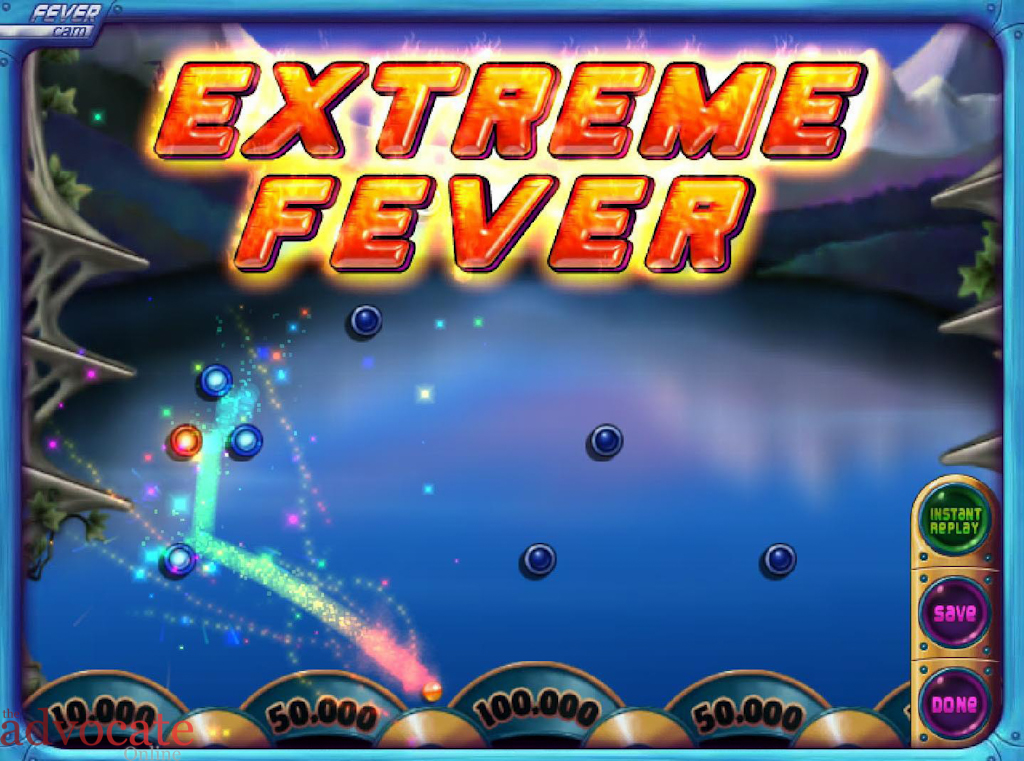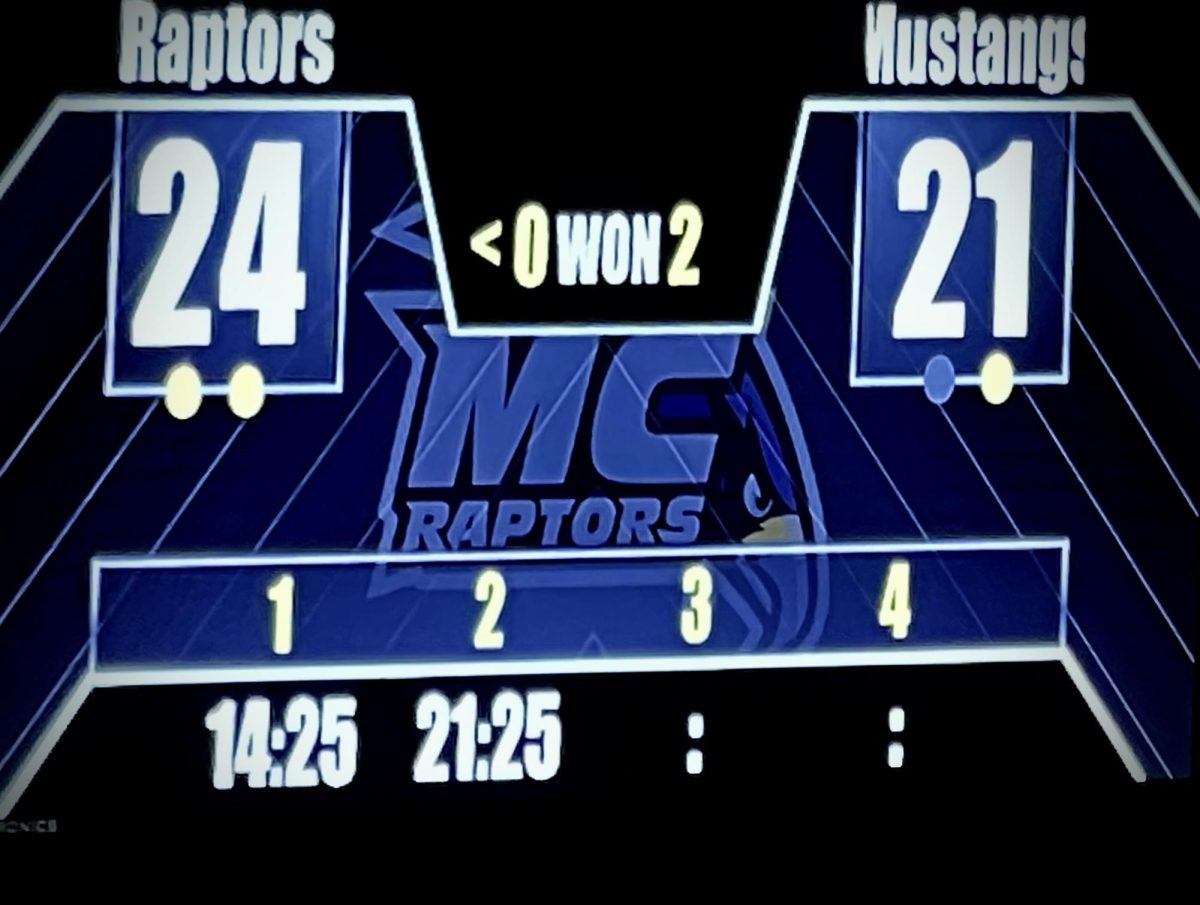Original: April 26, 2011 Issue 15
By: Brooks Clarke
Staff Writer

With the introduction of larger hard drives and faster internet connections, downloadable games have seen considerable growth in the gaming industry since the launch of the current generation of consoles. With Sony hyping Blu-ray as the newest evolution of DVDs since the Playstation 3 debuted back in 2006, is bypassing physical media truly the future of gaming?
Consider that since its launch in 2004, the Xbox Live Arcade has grown from a small collection of games (most of which were re-releases of classic games like Gauntlet and Ms. Pac Man) to a library numbering in the hundreds. Live Arcade has not simply been a place for companies to cash in on older titles. Small and independent developers that lack the backing of a big publisher like Activision have found success there as well.
As a longtime gamer, I understand there is a certain fondness for having a physical copy of a game. There’s an odd feeling of pride, seeing that vast collection of titles accumulated over a lifetime of gaming. But honestly, how many of those games do you truly cherish? I wouldn’t give up my mint condition Twisted Metal II for anything, but I don’t extend the same sentimental value to something like Homefront.
Let’s say you don’t have an emotional attachment to a particular game and you couldn’t care less about supporting a fledgling game developer, it still makes economic sense to go discless. Buying a downloadable copy of a game is often $10 to $15 cheaper without the cost of printing a disc or manual. What’s more, you get it instantly. You can always download the game again if you delete it, and there’s no risk of scratching up the disc.
Why fumble around opening cases and exchanging discs when you could simply select the game you want from a list and play. It may sound like nothing, but it’s just one more way downloadable games are cutting the fat out of the overall experience.
They embody the streamlined, less-is-more attitude of the modern consumer, which is why downloadable games are becoming a larger part of mainstream entertainment. How could an experience like Mass Effect, which requires hours of investment, compete with something so instantly gratifying as hearing Beethoven’s “Ode To Joy” blaring as you beat a level in Peggle?
From Nintendo’s Virtual Boy to Sony’s Eye Toy, the gaming industry has seen its share of short-lived, “next big thing” technologies. Downloadable games offer practicality over flashy gimmicks, which has and will continue to aid in its success. It may take some time, but eventually downloadable gaming will become the standard of entertainment consumption.







